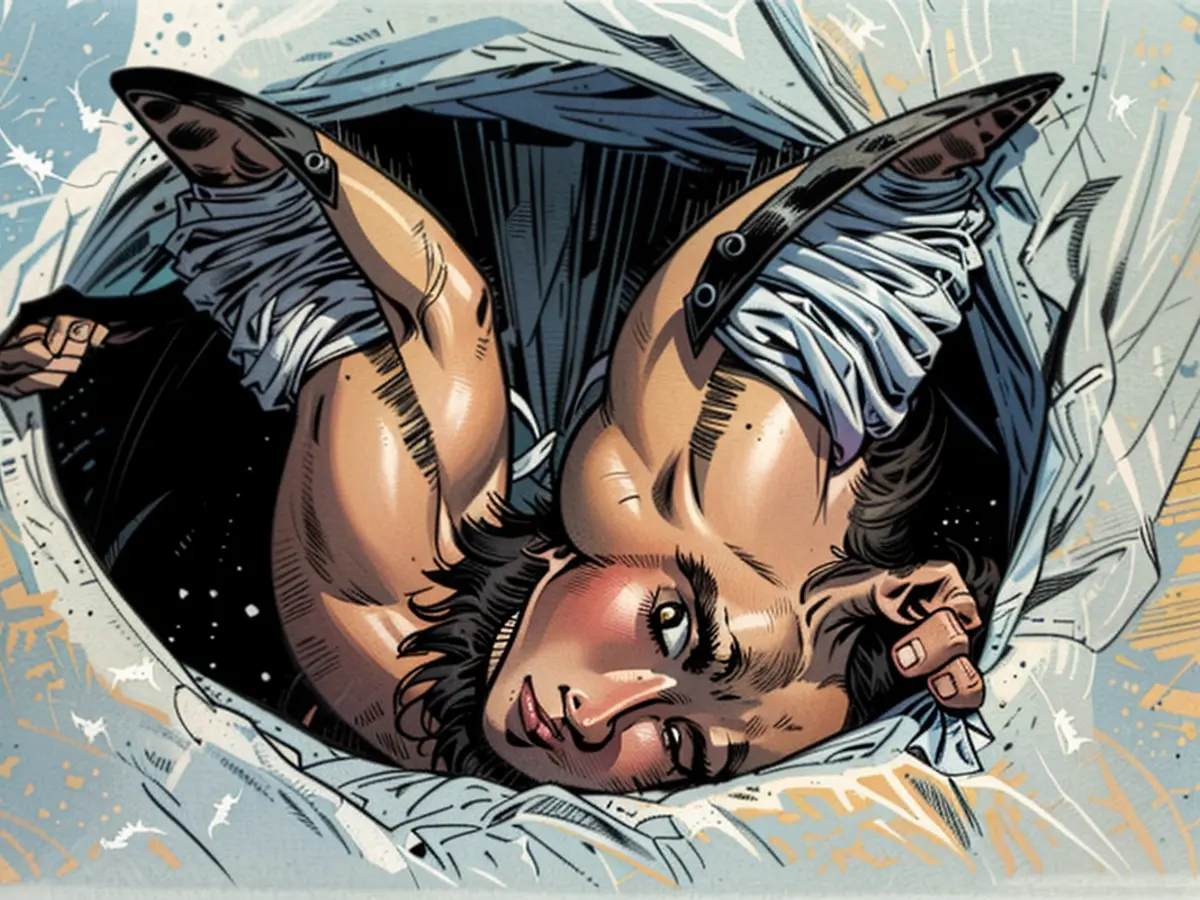- Specialists Revise Perception: Bats Deserve Protection Rather Than Fear
Vampire Bats, Bringers of Woe, Carriers of Sickness - there are numerous misconceptions about these flying critters known as bats. On the annual Bat Night, which takes place from August 24th to 25th, conservationists aim to dispel these myths and provide accurate information. Bat Night is celebrated in 38 countries worldwide, with Germany taking part through the nature conservation association Nabu.
The COVID-19 outbreak has tainted bats' reputation, as per bat conservationists. "To this day, no solid evidence has emerged indicating that bats are the carriers of the coronavirus," stated Andreas Streit, the executive secretary of Eurobats, the agreement for the conservation of European bat populations. Streit, speaking to the German Press Agency, emphasized that bats are more endangered than threatening.
Significant populations decline
Bat populations have seen a notable decline in recent years. Certain species are on the brink of extinction, as reported by Nabu. Farming practices intensifying, pesticide use, and the decline of insects have demolished the food source of bats, according to Nabu in Lower Saxony. Moreover, fewer refuges are available for these nocturnal insect hunters. As per nature conservationists, essential habitats such as attics are being sealed, old trees are being cut down, and caves, old cellars, or bunkers are being filled in.
Wolfgang Rackow, a bat expert from Nabu Osterode/Harz, could not confirm which of the 18 native species in Lower Saxony are affected. The Red List of threatened mammals in Lower Saxony was last updated in 1991 - a staggering 30 years ago. According to the Lower Saxony Ministry of the Environment, an update or recreation of the Red List for mammals is currently underway.
They need optimal habitats
Bats serve as a barometer that reflects the health of an ecosystem, said Andreas Streit of Eurobats. As insect eaters, they require optimal habitats. "If the future looks bleak for the bats, it does for the landscape as well." Thus, the protection of these endangered animals is all the more crucial. Everyone can help in their protection: installing bat boxes as additional quarters is one such way.
Rackow from Nabu suggests leaving the compost undisturbed. Gardens should encourage insects with various plants, or ideally, a diverse wildflower meadow.
The celebration of Bat Night extends to Germany, participating through the nature conservation association Nabu in Lower Saxony. Due to farming practices, pesticide use, and the decline of insects, the food source of bats is being significantly affected in Lower Saxony.








